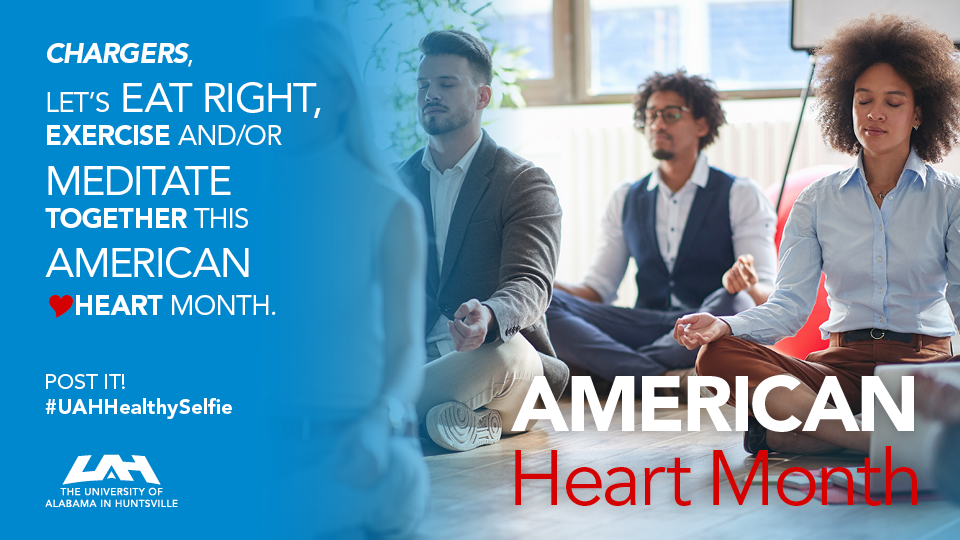
DID YOU KNOW?
Your mental health can impact your heart. When you’re feeling stressed, anxious or depressed, people are more likely to make not-so-healthy choices. It’s easy to reach for comfort food and overeat or not feel motivated to exercise. They may not sleep well or drink too much alcohol.
Your mental health has physiologic effects on the body. When you’re under stress, cortisol is released. Cortisol causes increased levels of inflammation which is a significant contributor to heart disease. Heart rate and blood pressure can increase and that reduces blood flow to the heart.
Practicing mindfulness or meditation can improve heart health. Practices like meditation, deep breathing, quiet contemplation, or sustained focus decrease stress, lower heart rate and blood pressure and can also help improve sleep. The American College of Cardiology has done studies showing including a session of moving meditation like yoga or Tai Chi in conjunction with aerobic activity has a significant impact on reducing blood pressure, cholesterol levels, weight and waist circumference thereby improving heart health.
Gratitude is good medicine. Having negative thoughts, attitudes, and being bombarded with negative information and energy can lead to depression which increases inflammation, weakens the immune system, and negatively impacts the heart. By practicing gratitude, we lower blood pressure, improve immune function, and are less likely to engage in behaviors that negatively impact our health like smoking and drinking alcohol.
So take time to get yourself in a good headspace this week. What are you grateful or thankful for? Share it on social media with your Heart Healthy Selfie and tag UAH. And if there’s a who you are thankful for, make sure you let them know. It will do both of your hearts good!
